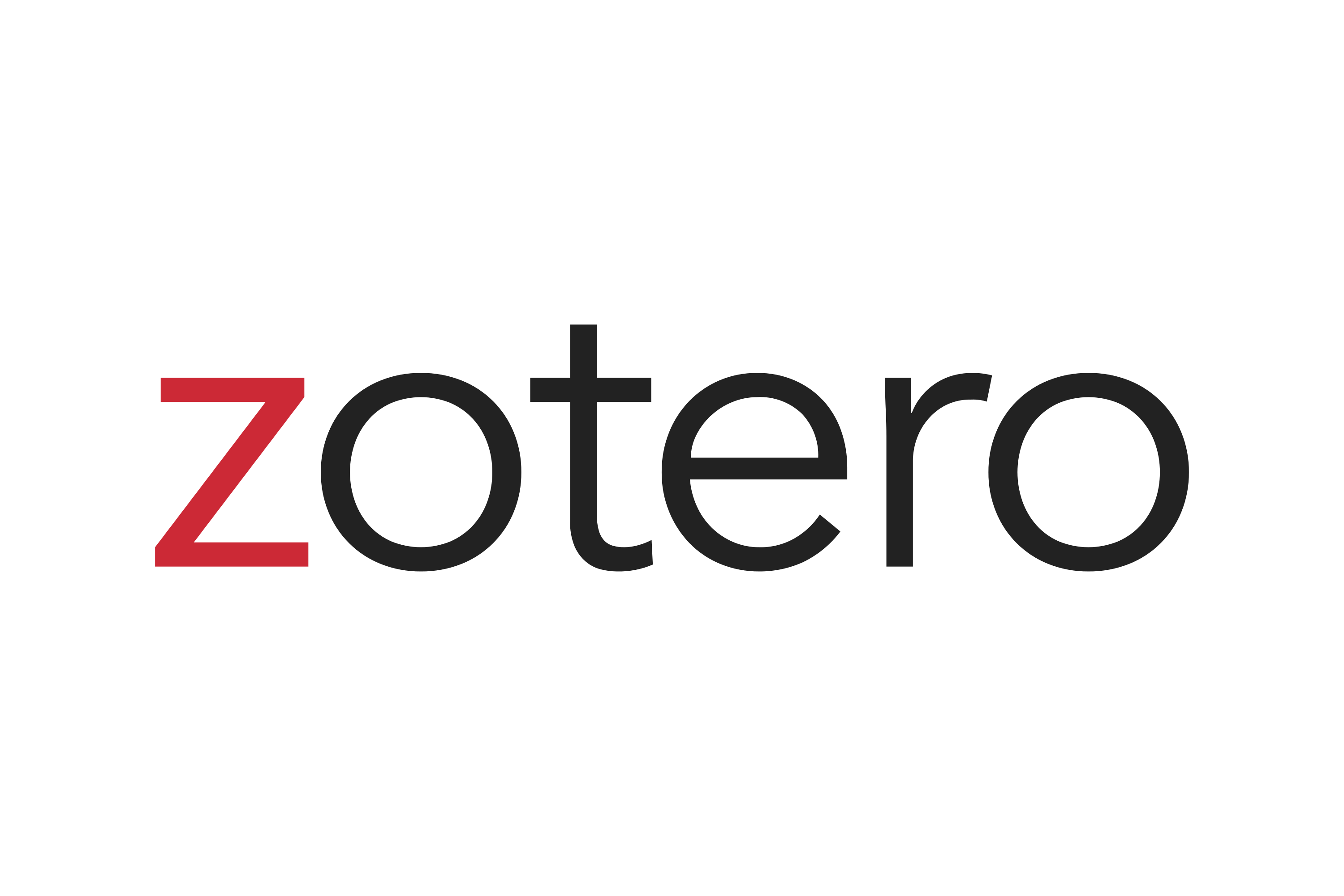Integrasi Ilmu Pengetahuan Dan Nilai Islam Menggunakan Pendekatan Studi Islam Interdisipliner
Surah Al-‘Ashr Ayat 1-3
DOI:
https://doi.org/10.32678/alfath.v18i1.11026Kata Kunci:
Studi Islam Interdisipliner, Integrasi Ilmu Pengetahuan, Nilai-nilai Islam, Pemahaman Holistik, dan Analisis InterdisiplinerAbstrak
Pendekatan Studi Islam Interdisipliner memainkan peran sentral dalam merespons dinamika kompleks dan keragaman pemahaman Islam di tengah era globalisasi. Artikel ini menelusuri peran integrasi ilmu pengetahuan dan nilai-nilai Islam sebagai landasan utama pendekatan ini. Dengan menganalisis kontribusi integrasi ini dalam konteks studi Islam, penelitian ini bertujuan untuk mengungkap bagaimana pendekatan ini mampu membentuk pemahaman holistik yang tidak hanya mencakup dimensi akademis, tetapi juga nilai-nilai spiritual Islam. Metode penelitian yang diterapkan bersifat analitis dan kualitatif, memungkinkan penyelidikan yang mendalam terhadap peran integrasi ilmu pengetahuan dan nilai-nilai Islam. Pendekatan analitis digunakan untuk memahami dampak pendekatan interdisipliner, sementara pendekatan kualitatif memungkinkan eksplorasi mendalam terhadap pengalaman dan pandangan para ahli dan praktisi yang terlibat dalam studi Islam interdisipliner.
Unduhan
Referensi
Daftar Pustaka
Abdullah, Taufik. (2022). Islam dan Pembaruan Sosial: Sebuah Pembahasan Mengenai Masalah dan Metode. Jakarta: Rajawali Press.
Afsaruddin, A. (2022). Interdisciplinary Approaches to Islamic Ethics: Bridging Tradition and Modernity.
Alatas, F. (2021). Integration of Islamic Values in Interdisciplinary Studies: Challenges and Opportunities.
Al-Attas, S. N. (2020). Islam and Secularism. Kuala Lumpur: ISTAC.
Amin, N. (2021). Interdisiplineritas dalam Kajian Islam: Tantangan dan Peluang. Jurnal Pemikiran dan Gagasan, 25(2), 135-150.
Aminrazavi, M. (2020). Interdisciplinary Studies in Islamic Philosophy and Science.
Azra, Azyumardi. (2019). Islam Nusantara: Sejarah dan Pemikiran. Bandung: Mizan.
Esack, F. (2021). The Qur'an: A Short Introduction. Oxford: Oneworld Publications.
Hasan, Noorhaidi. (2021) Islam and the Indonesian Economy: Seven Myths. Singapore: Institute of Southeast Asian Studies.
Hasan, R. (2020). Pengembangan Studi Islam Melalui Pendekatan Interdisipliner. Jurnal Ilmu Keislaman, 15 (1), 45-60.
Komaruddin, A. (2019). “Islam Multikultural: Wawasan Baru.” Yogyakarta: LKiS.
Moleong, L. J. (2019) Metodologi Penelitian Kualitatif. Bandung: PT Remaja Rosdakarya.
Nusa.Qodir, Z. A. (2019) Metode Penelitian Kualitatif. Jakarta: Rajawali Pers.
Rahayu, S. (2019). Perkembangan Metode Analisis Literatur dalam Penelitian Studi Islam. Jurnal Kajian Islam, 12(3), 210-225.
Riyanto, Y. (2020) Metode Penelitian Pendidikan: Pendekatan Kuantitatif, Kualitatif, dan R&D. Jakarta: Kencana.
Saeed, A. (2019). Interdisciplinary Approach to Islamic Studies: Integrating Knowledge and Values.
Sardar, Z. (2021). Reading the Qur'an: The Contemporary Relevance of the Sacred Text of Islam. Oxford: Oxford University Press.
Shah, M. (2023). Towards an Integrated Approach to Islamic Studies: Interdisciplinary Perspectives.
Siregar, Aswandi. (2019). "Metodologi Penelitian Kualitatif: Dalam Bidang Pendidikan dan Ilmu Sosial." Jakarta: Kencana.
Syed Muhammad Naquib al-Attas (2019). “Prolegomena to the Metaphysics of Islam: An Exposition of the Fundamental Elements of the Worldview of Islam.” Kuala Lumpur: ISTAC.
Wardhana, A. (2019). "Interaksi Disiplin Ilmu dalam Menyongsong Studi Islam Interdisipliner di Indonesia." Jurnal Dialog Islam, 34(2), 89-104.
Zain, M. Atho Mudzhar. (2019). Interdisiplineritas dalam Perspektif Islam. Yogyakarta: Pustaka Pelajar.
Zuhdi, M. (2019). Epistemologi Islam: Studi atas Pemikiran Ibnu Hazm.Yogyakarta: Adicita Karya.
##submission.downloads##
Diterbitkan
Cara Mengutip
Terbitan
Bagian
Lisensi
Hak Cipta (c) 2024 Anton Wijaya Kusuma Kusuma

Artikel ini berlisensiCreative Commons Attribution-ShareAlike 4.0 International License.
Copyright Notice

Al-Fath: http://jurnal.uinbanten.ac.id/ is licensed under a Creative Commons Attribution-ShareAlike 4.0 International License
An author who publishes in Al-Fath agrees to the following terms:
- Author retains the copyright and grants the journal the right of first publication of the work simultaneously licensed under the Creative Commons Attribution-ShareAlike 4.0 License that allows others to share the work with an acknowledgment of the work's authorship and initial publication in this journal
- Author is able to enter into separate, additional contractual arrangements for the non-exclusive distribution of the journal's published version of the work (e.g., post it to an institutional repository or publish it in a book) with the acknowledgment of its initial publication in this journal.
- Author is permitted and encouraged to post his/her work online (e.g., in institutional repositories or on their website) prior to and during the submission process, as it can lead to productive exchanges, as well as earlier and greater citation of the published work (See The Effect of Open Access).
Privacy Statement
The names and email addresses entered in this journal site will be used exclusively for the stated purposes of this journal and will not be made available for any other purpose or to any other party.









